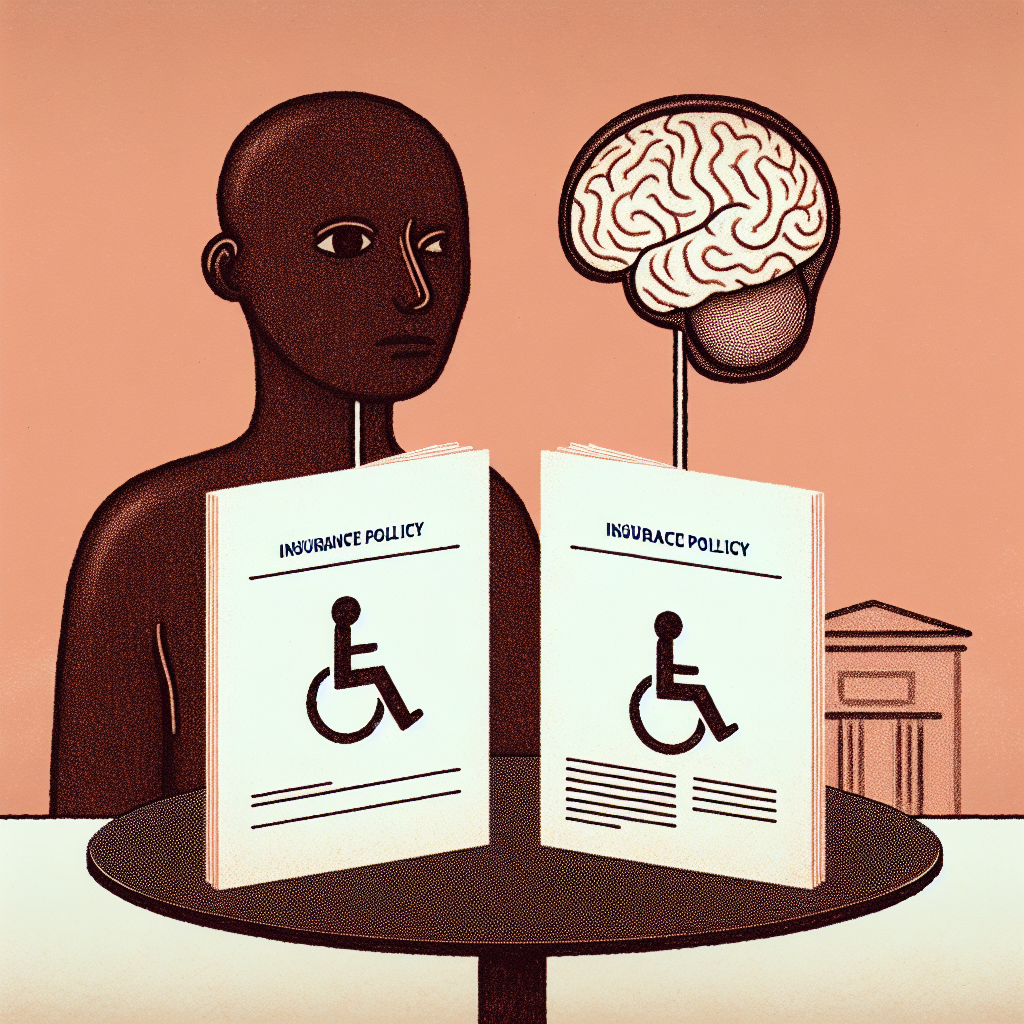Filed under Disability Insurance on
Understanding Resident Disability Insurance Coverage

In an ever-evolving landscape of healthcare and insurance, one area that is often overlooked is Resident Disability Insurance Coverage. This form of insurance can serve as a safety net for those in the medical profession, ensuring that unforeseen disabilities don't derail their career or financial stability. But what exactly is it, and how does it work? This article takes a deep dive into the intricacies of Resident Disability Insurance Coverage, offering insights into its benefits, limitations, and who exactly can benefit from it.
What is Resident Disability Insurance Coverage?
Resident Disability Insurance Coverage is a specialized form of insurance designed for medical residents and fellows. During this crucial phase of their careers, residents are often juggling demanding work schedules with minimal income, which leaves little room for financial disruptions. This coverage aims to protect them in the event that a disability prevents them from completing their residency.
Unlike standard disability policies, which may focus broadly on any occupation, Resident Disability Insurance Coverage is tailored specifically to the medical profession. Its primary focus is on protecting an individual's ability to complete their training and continue into a full professional practice.
Why is it Essential?
The medical profession is uniquely demanding, and unexpected illnesses or accidents can pose significant threats to a resident's future. Since most residents are still in debt from extensive schooling, a sudden loss of income could be financially devastating. Therefore, having a safety net like Resident Disability Insurance can be crucial in preventing both career and personal disruption. It provides not only financial support but also peace of mind, allowing residents to focus on their training without additional stress.
Key Features of Resident Disability Insurance Coverage
Understanding the specifics of Resident Disability Insurance Coverage can help potential policyholders choose the best option to suit their needs. Most policies will include:
- Own-Occupation Coverage: This feature ensures that if a resident becomes unable to perform the duties of their own medical specialty, they are still covered, even if they can work in a different capacity.
- Benefits for Medical Residencies: Certain policies are tailored to facilitate uninterrupted progression in medical training, covering exam fees, conferences, or even residency placement costs if a redirection in specialty becomes necessary due to a disability.
- Future Increase Options: Recognizing the potential for salary increases as doctors progress in their careers, many policies allow for future coverage increases without additional medical underwriting.
What Does it Usually Exclude?
While this type of insurance can be incredibly beneficial, it is equally important to understand its limitations. Most policies will not cover pre-existing conditions, and some may exclude disabilities that arise from engaging in high-risk activities. As with any insurance product, reading the fine print and understanding exceptions is crucial.
Who Should Consider Resident Disability Insurance?
Resident Disability Insurance Coverage is ideal for medical residents and fellows who are at a vulnerable point in their careers. They typically earn modest incomes compared to qualified physicians but shoulder significant educational debts. For those who have specialized in areas requiring particularly high skill levels—such as surgery or neurosurgery—this insurance can be crucial, given the precision and physical demands involved.
Even if they are in reportedly lower-risk specialties, the reality is that any medical professional could face a disability. Planning for such unpredictable circumstances can safeguard their future and allow uninterrupted career progression.
How to Choose a Policy?
Selecting the right Resident Disability Insurance Coverage involves considering several factors:
- Financial Strength of Insurer: Research the insurer's reputation and financial health; a reliable company will ensure that claims are likely honored.
- Scope of Coverage: Understand what the insurance will cover and any limitations or exclusions that may apply.
- Flexibility: Look for policies that allow for adjustments as your career progresses.
Industry Trends and Expert Opinions
The insurance industry is increasingly recognizing the necessity for Resident Disability Insurance Coverage. As the medical field evolves, there is a greater focus on ensuring that emerging medical professionals are well-supported. Market trends indicate a growth in policies offering more nuanced benefits that align with the evolving needs of medical residents.
Insurance experts often recommend that residents not delay in securing a policy. The earlier one invests in insurance, the better, as younger residents generally enjoy lower premiums and fewer complications from existing health conditions.
Expert Quotes
Dr. Emily Thompson, an acclaimed medical consultant, articulates the importance of such coverage: "In a field that requires unparalleled dedication and endurance, Resident Disability Insurance is indispensable. It acts as a safety net allowing medical professionals to focus on what truly matters—becoming the best in their specialty without the distraction of financial worries."
Conclusion
Resident Disability Insurance Coverage is an essential consideration for any medical resident focused on securing their long-term career and financial stability. With its ability to shield against unpredictable setbacks, this insurance ensures that residents can maintain their financial commitments and stay on track with their professional goals, even when faced with a disability. Residents, therefore, owe it to themselves to carefully consider their coverage options, keeping in mind both immediate and future professional needs.
By taking thoughtful steps today, medical residents can pave a smoother, safer path toward a successful and uninterrupted medical career.




